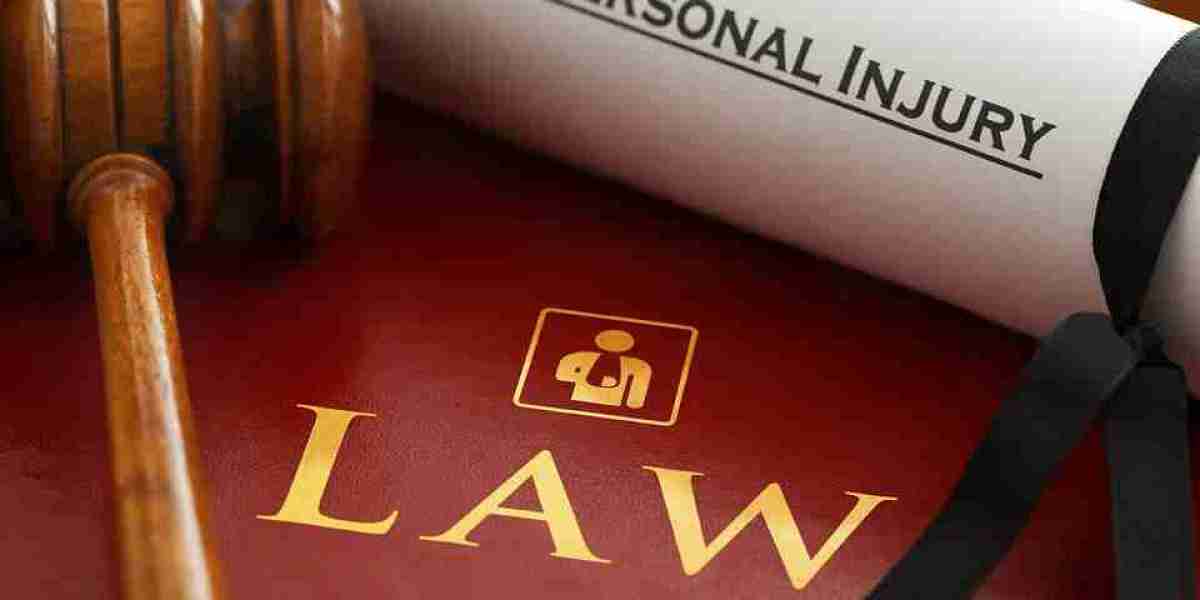When you suffer an injury due to someone else’s negligence—whether it’s a car accident, slip and fall, or workplace incident—your recovery becomes the top priority. But if you plan to pursue a personal injury claim, your health isn’t the only thing at stake. The success of your case often depends on how well you can prove the severity of your injuries, their impact on your life, and the connection to the accident.
One of the most crucial tools for establishing this proof is your medical records. These documents serve as objective evidence, helping your London personal injury lawyer build a strong case on your behalf. Without proper medical documentation, your claim could face delays, disputes, or even rejection.
Why Medical Records Matter in Personal Injury Cases
Medical records do more than list your injuries; they provide a timeline and medical validation that links the accident to the harm you suffered. Insurance companies and courts rely heavily on this information to determine compensation. Here’s why they’re so important:
1. Proof of Injury
The first hurdle in any personal injury claim is proving that you were injured. Verbal accounts alone aren’t enough. Medical records, such as doctor’s notes, diagnostic imaging (X-rays, MRIs), prescriptions, and hospital reports, provide credible evidence that the injury exists and is directly tied to the accident.
2. Establishing Causation
In Ontario personal injury law, it’s not enough to show that you’re hurt—you must show that the injury was caused by the accident. For example, if you injured your back in a car accident, but you also had a prior back problem, insurance companies may argue the accident wasn’t the cause. Detailed medical records help distinguish between pre-existing conditions and new injuries, strengthening your case.
3. Demonstrating Severity and Impact
Compensation in personal injury cases is based not only on the fact of injury but also on how severe it is and how it affects your daily life. Medical records detail treatment plans, rehabilitation needs, medications, and long-term limitations. These records help quantify damages like:
Pain and suffering
Loss of income due to inability to work
Ongoing medical expenses
Future care needs
4. Strengthening Credibility
Courts and insurers tend to view objective medical documentation as more reliable than personal testimony. If you fail to seek prompt medical attention or follow treatment plans, it may appear that your injuries aren’t serious. Consistent medical records show that you are responsibly addressing your health, which supports your credibility in the claim.
5. Calculating Fair Compensation
Medical bills, rehabilitation costs, and future treatments are all factored into compensation. Accurate records allow your lawyer to calculate both economic damages (like medical expenses and lost wages) and non-economic damages (like emotional distress or reduced quality of life).
Common Types of Medical Records in Personal Injury Claims
Your London personal injury lawyer may collect a wide range of medical documents, including:
Emergency room reports – Initial assessments after the accident.
Doctor’s notes – Professional opinions and treatment instructions.
Diagnostic imaging – X-rays, MRIs, CT scans, and ultrasounds.
Prescription history – Medications prescribed for pain or recovery.
Surgical reports – Records of operations or procedures.
Rehabilitation reports – Notes from physiotherapists, chiropractors, or occupational therapists.
Specialist consultations – Reports from neurologists, orthopedic surgeons, or other experts.
Each of these records paints a complete picture of your injury, ensuring nothing is left open to speculation.
How Gaps in Medical Records Can Harm Your Case
Just as strong records strengthen your claim, missing or incomplete records can weaken it. Some common issues include:
Delayed treatment – Waiting too long to see a doctor may suggest your injuries aren’t serious.
Incomplete documentation – Failing to keep all test results or reports makes it harder to prove severity.
Ignoring treatment plans – Skipping appointments or failing to follow medical advice could reduce your compensation.
Insurance companies often use these gaps to downplay or deny valid claims.
Steps to Protect Your Medical Evidence
If you’re pursuing a personal injury claim in London, here’s how you can ensure your medical records work in your favor:
Seek immediate medical attention after the accident—even if injuries seem minor. Some conditions, like concussions or whiplash, don’t appear right away.
Follow treatment plans and attend all medical appointments to show commitment to recovery.
Keep personal notes about symptoms, pain levels, and how the injury affects your daily life. This can complement your medical records.
Request copies of all medical records from your healthcare providers to share with your lawyer.
Work closely with your personal injury lawyer, who will know which documents are most valuable for building a strong case.
How a London Personal Injury Lawyer Can Help
Navigating the legal system after an injury can be overwhelming, especially while focusing on your recovery. A skilled London personal injury lawyer ensures that your medical records are gathered, organized, and presented effectively. They can:
Communicate with doctors and specialists to obtain comprehensive records.
Use medical experts to testify about your injuries and future needs.
Highlight inconsistencies in the opposing party’s arguments.
Ensure all evidence meets the court’s standards.
By leveraging medical documentation, your lawyer maximizes the chances of securing fair compensation for your injuries, lost income, and long-term care.
Final Thoughts
In any personal injury claim, medical records are more than paperwork—they are the backbone of your case. They prove the extent of your injuries, establish causation, and help determine fair compensation. Without them, your claim could fall apart under scrutiny from insurance companies or opposing lawyers.
If you’ve been injured in London due to someone else’s negligence, don’t leave your future to chance. Seek immediate medical care, keep thorough documentation, and consult an experienced London personal injury lawyer who can guide you through the process and fight for the compensation you deserve.






